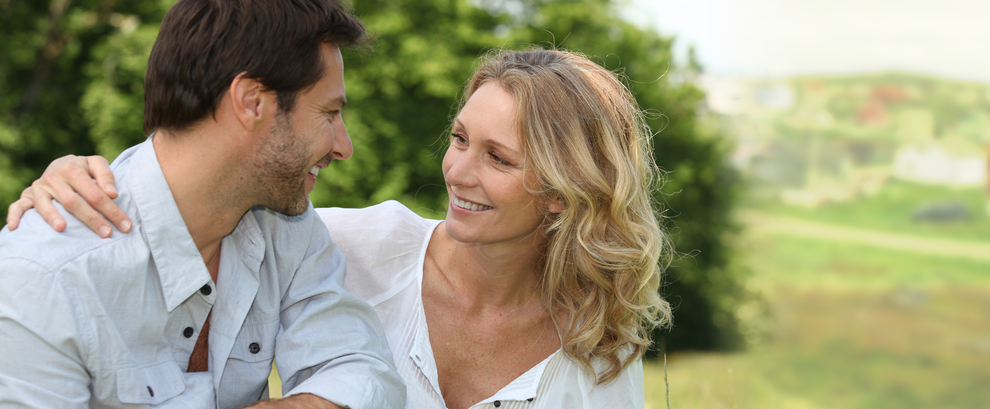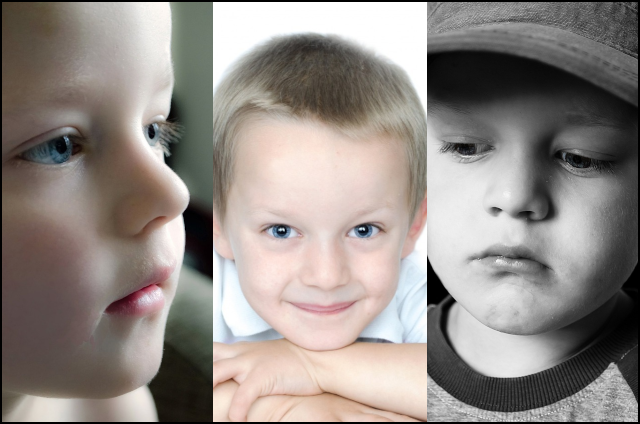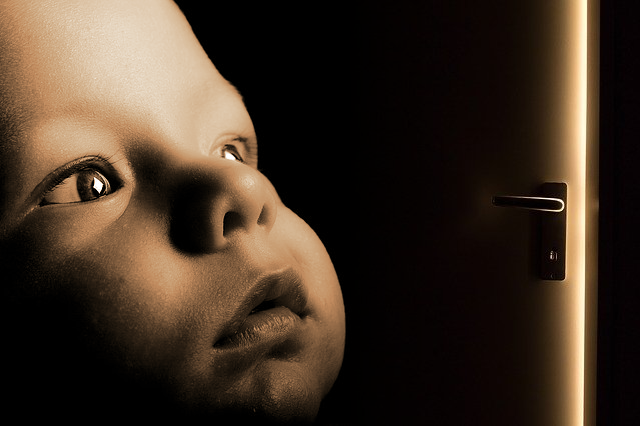
The Theories behind Choosing Your Partner
Several theories aim to explain why we are attracted to some people and not to others. Some say that attraction is usually based on an interest in complementary qualities or characteristics—those we feel we may not have ourselves but subconsciously would like to have.
Subconsciously, you might even believe that if you do not have certain characteristics, then maybe you can somehow live them vicariously through someone else, just like when you get really excited about something your kids have achieved. So excited even that it can bring you to tears.
You may be genuinely excited, but you might be so involved in your children’s lives and successes that you almost feel as if you yourself are performing and getting the credit.
Other...
Read More
















